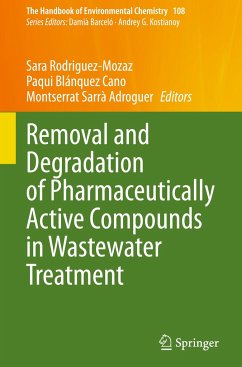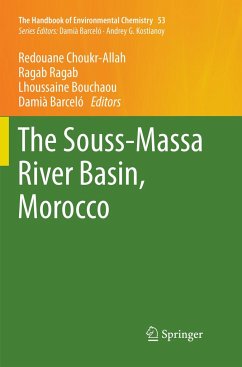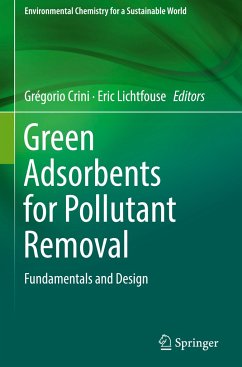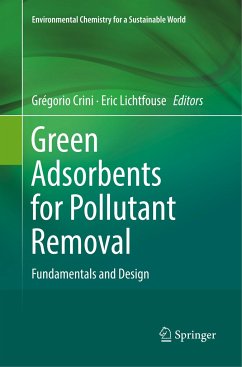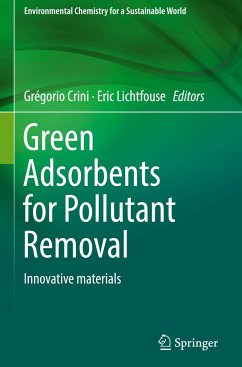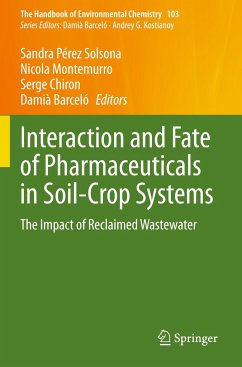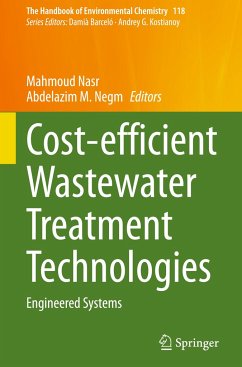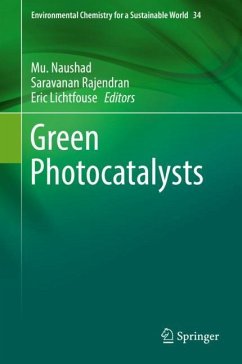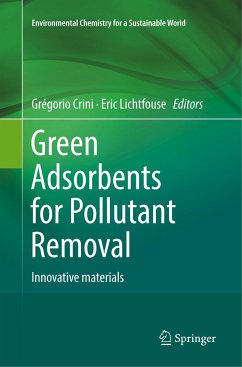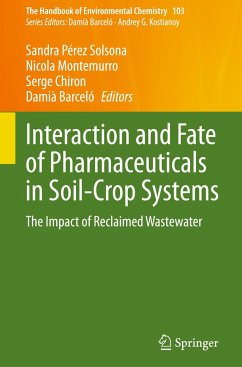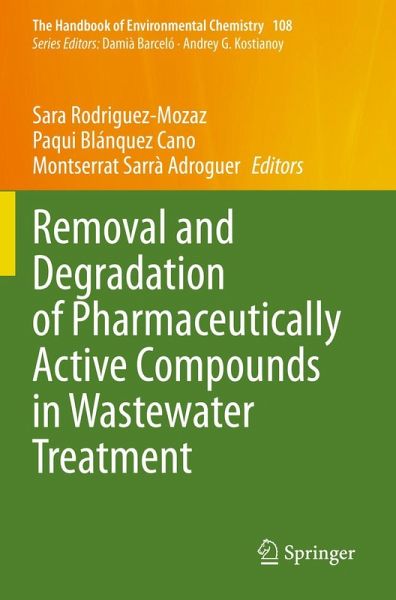
Removal and Degradation of Pharmaceutically Active Compounds in Wastewater Treatment
Versandkostenfrei!
Versandfertig in 6-10 Tagen
249,99 €
inkl. MwSt.

PAYBACK Punkte
125 °P sammeln!
This book reviews water treatment technologies for the removal of pharmaceutically active compounds (PhACs). It provides the reader with an overview of state-of-the-art techniques and recent efforts to develop more sustainable approaches. After nearly two decades of research into the presence and impact of PhACs in the environment, they remain one of the hottest topics in the fields of environmental chemistry, toxicology and engineering. Accordingly, intensive research efforts are currently being devoted to water treatment technologies that can reduce the presence of these emerging contaminant...
This book reviews water treatment technologies for the removal of pharmaceutically active compounds (PhACs). It provides the reader with an overview of state-of-the-art techniques and recent efforts to develop more sustainable approaches. After nearly two decades of research into the presence and impact of PhACs in the environment, they remain one of the hottest topics in the fields of environmental chemistry, toxicology and engineering. Accordingly, intensive research efforts are currently being devoted to water treatment technologies that can reduce the presence of these emerging contaminants in water bodies.
This book examines various types of contaminated water from industry, hospitals and urban wastewater. It provides the reader with a range of potential solutions for water treatment and reuse, and addresses the advancement of analytical tools for evaluating the performance and efficiency of treatment technologies.
This book examines various types of contaminated water from industry, hospitals and urban wastewater. It provides the reader with a range of potential solutions for water treatment and reuse, and addresses the advancement of analytical tools for evaluating the performance and efficiency of treatment technologies.



